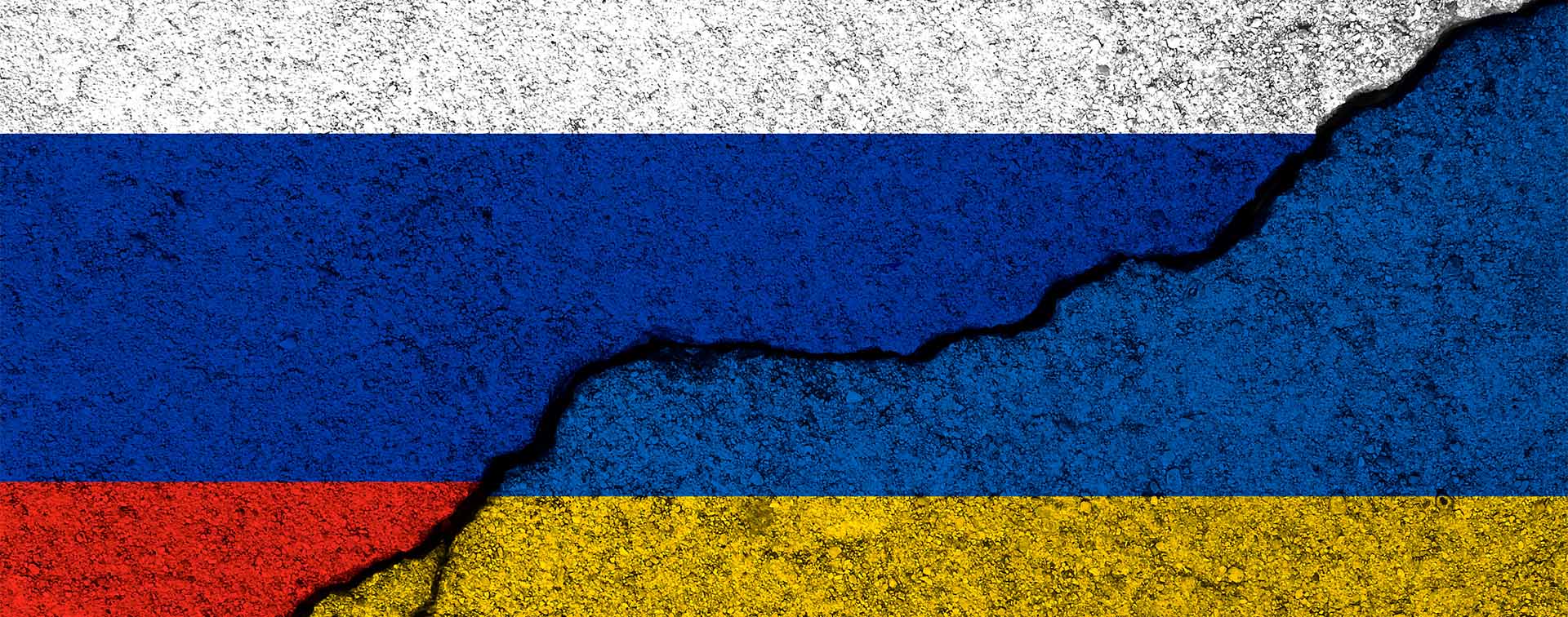
Ryhor Nizhnikau is a Senior Research Fellow at the EU’s Eastern Neighbourhood and Russia program at the Finnish Institute of International Affairs.
The Russo-Ukrainian War and its effects on security and socio-economic stability in the region will continue to drive mobility trends in 2023. As Moscow remains determined to continue its assault on Ukraine and European security architecture, new risks are likely to emerge that will have a wide-ranging impact.
Russian aggression has generated an unprecedented outflow of people from the region — by mid-December 2022, nearly 5 million Ukrainian refugees had registered for protection in Europe. In 2023, migration pressure on the EU will continue to rise. Relentless attacks on critical infrastructure and civilian targets in Ukraine will generate new waves of refugees. The unresolved Belarusian border crisis, in which migration is used as a security weapon, will add additional pressures on European borders.

Irregular migration flows from the EU’s southern neighborhood are also likely to increase next year. The extent, however, will greatly depend on Russia’s tactics in its geopolitical battle with the West. Despite the Russia–Ukraine grain deal being extended, the prospect of new migration waves from North Africa is a potent threat and a bargaining tool vis-à-vis the West. As long as the war goes on, it will continue to disrupt the food, fuel, and fertilizer markets. Russia and Ukraine have a significant share of the world’s grain market, and Russia and Belarus, which are under sanctions by a large number of countries, control a substantial portion of the fertilizer market. Recent new EU sanctions on Russian oil, including a price cap and a ban on crude oil imports, could have unintended consequences. Europe should prepare as these multiple risks could trigger socio-political destabilization in the EU’s neighborhood and consequently uncontrolled inward migration.
The war and its economic consequences have led to acute labor shortages in the Russian economy. Both mounting pressure from sanctions and President Vladimir Putin’s “partial mobilization” have created a record shortage of personnel in numerous industries. The resulting tension is seeing calls for the country’s migration infrastructure to be overhauled, and it is likely that a partial liberalization of the labor market to encourage intra-regional mobility in particular will be on top of the economic agenda this year. The loosening of restrictions and quotas on hiring Central Asian workers and simplification of cumbersome bureaucratic procedures are expected to be pushed forward at the sectoral level, even if security concerns and a negative economic outlook will continue to limit the extent of the liberalization.
Russia’s migration trajectory has been diverted by the war, with the EU’s visa and residence restrictions profoundly impacting the travel and work destinations available to Russians. At the same time, the demand to leave the country is rising, fueled by the threat of being mobilized and increasingly repressive domestic legislation. In 2023, the EU will no doubt continue to tighten visa and residence requirements for Russians, who will in turn target non-Western destinations for migration. Neighboring countries in the Caucasus and Central Asia will remain especially viable options due to their proximity and ease of access as well as for socio-economic reasons. How this will affect the socio-economic situation in the region remains to be seen.
Kazakhstan is a country to observe in 2023. Its lengthy border with Russia, significant Russian-speaking minority, and recent eruption of socio-economic discontent make it vulnerable to Russia’s geopolitical ambition. At the same time, it is a part of the Russia-led Eurasian integration projects, with special mobility arrangements, which allow Russians to settle and work in Kazakhstan. President Kassym-Jomart K. Tokayev’s governing agenda may use an inflow of Russians as an opportunity for developing highly qualified sectors of Kazakhstan’s economy.